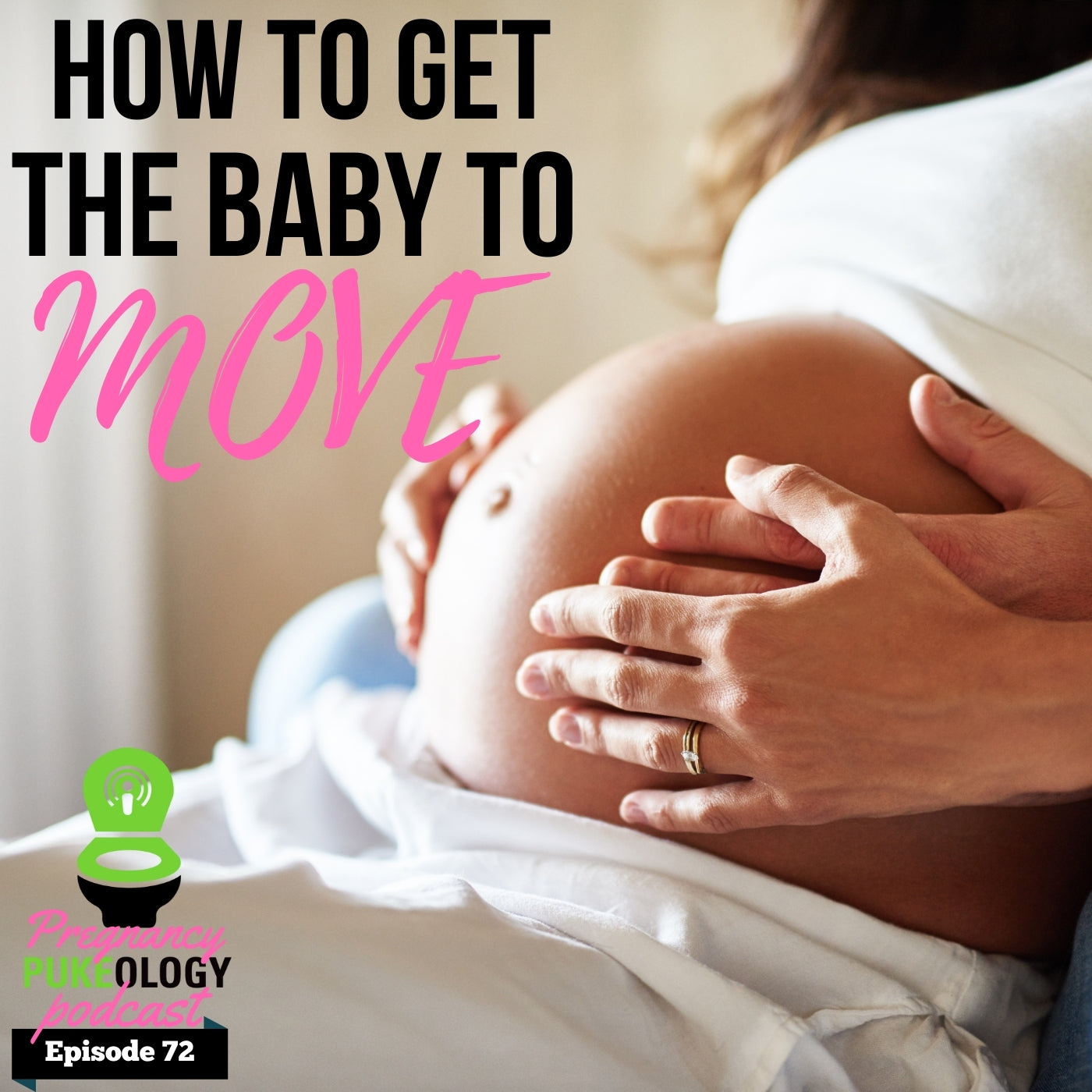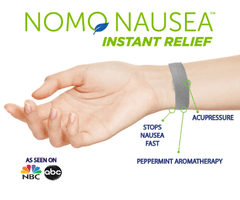
How to Get the Baby to Move in Utero
Today you will learn the science behind causes of increased and decreased fetal movement and what your baby is trying to tell you. Plus 5 ways to get your baby to move if your kick count is down. And what kind of doctor would I be without telling you 5 ways to help your baby calm down and stop kicking you at night, you’re welcome in advanced. All up right now in Pregnancy Pukeology Podcast Episode 72: How to Get the Baby to Move in Utero.

Listen to "How To Get The Baby To Move In Utero Pregnancy Podcast Pukeology Ep 72" on Spreaker.
How to Get the Baby to Move in Utero
It is a pleasant feeling to feel your baby move while pregnant. Most women will feel their baby move from around 16 to 25 weeks of gestation though it may start earlier. Normal baby movements would signify a healthy baby and mothers may sometimes worry when the baby kicks very little or too much. There are some mechanisms which you can use at home to make your baby to move
- Increasing your blood sugar: A rush of sugar in your body is always detected by the fetus and they increase their movements. This can be done by taking a snack or something sugary.
- Increasing your adrenaline levels. Anxiety in the mother is always detected by the fetus in the womb and they react by moving. You can try this by watching a horror movie but avoid severe panic as it is not healthy for your baby. Also, you can take a small amount of caffeine in tea.
- Shining light and playing music. You can shine light in your lower abdomen and the baby will react by kicking especially when fetus have reached a stage for recognizing light and sound.
- Lie on the side. Working and moving about makes the baby comfortable and often they may fall into a sleep. Lie down quietly may make the fetus sense that things are not normal or they may get into an uncomfortable position and immediately start kicking and moving around.
- Gentle coax. Try coaxing your baby by gently pressing on the uterus and making the baby move. This action may wake the baby from sleep and make them kick.

Feeling the Baby Move
Baby movement which is termed as quickening can always be felt by a mother from about 13 to 16 weeks gestation. How do you know this is a baby movement?
They are numerous feelings that may be felt to signify baby movement. These include simple taps by the baby, low kicks to even quick multiple kicks, the baby rolling, you may feel a gas, vibrations in the stomach and you may feel it as a punch. Some mothers report just a tickle.
You may sometimes need to be relaxed and quiet to feel the baby move.
If you feel movement at regular intervals, it’s probably not the baby kicking but instead your baby has hiccups. Learn about WHY DO BABIES GET HICCUPS IN THE WOMB in Episode 61. It’s fascinating!
It is always important to take a record of your baby’s movements which helps doctors in deciding on the wellbeing of your baby and will alert you when you need to be worried and seek health care.
You can do the count in the morning, but you are required to do the count at the same time every day. You are required to count the number of movements the baby makes in 2 hours. Normally the baby should have at least 10 movements in 2 hours. If you get a low count, it may signify a distress in your baby, and you may need to see your doctor.
How to Get the Baby to Stop Kicking at Night.
Babies usually create a routine and you may find them kicking more at night, which sometimes maybe uncomfortable and can be even painful. To reduce fetal movements at night, you may need to create the same routine you have at night to daytime. This includes just lying down with less stress and noise during the day which will promote baby kicking more during the day.
- Use a pregnancy pillow. It will help align your body, support your belly and hips, and forces the baby to get comfortable and sleep.
- Limit your fluid intake in the evening or before bed. This will also help you stop taking unnecessary trips to the bathroom at night.
- Avoid caffeine in the afternoon. You know you’re only allowed 1 cup of coffee or caffeinated beverage per day, so try to get it in before noon. Both you and the baby will get an extra pep in your step, so you don’t want the baby to be karate kicking at night because they have too much caffeine in their system.
- Avoid spicy foods and large meals at night. Indigestion and heartburn are the most severe when you’re lying down, but NOMO! Thanks to NoMo Nausea Band, a pregnancy safe natural combination of essential oil infused pressure bracelet, will instantly stop the upset stomach and help push food down so you can wave goodbye to heartburn and indigestion in pregnancy.
If you want more spicy knowledge about pregnancy indigestion and ways to naturally stop it check out EPISODE 9: HEARTBURN IN PREGNANCY
- Exercise regularly for at least 20-30 minutes per day. Exercise will help to tire you both out and have a great night sleep every night. Looking for some great low impact pregnancy safe workouts? Check out EPISODE 44: PREGNANCY EXERCISE that lists the top 10 best pregnancy workouts and why.
The way you sleep will be affected by your pregnancy, and changes with each trimester. From exhausted the first trimester, where you are hibernating, to being uncomfortable in the 3rd trimester and not getting good sleep, I’ve written and entire podcast just for you called PREGNANCY AFFECTING SLEEP EPISODE 42.
Feeling Decreased Baby Movement
Decreased fetal movements soften signify the fetus is in distress and you most often need to visit your doctor. Some of the causes of increased movement of your baby can be due to a hypoxic environment which can lead to you have a still birth when severe. This can happen because the baby has the cord around the neck. Therefore, always seek medical advice in case you note any change in the behavior of your baby. If you’re kick counts are showing decreased movement your doctor may want to do a nonstress test. This test can provide some useful information on the baby’s heart rate and movement during the third trimester. Another alternative is to use 3D ultrasound to see the baby in real time and track their growth and development.

